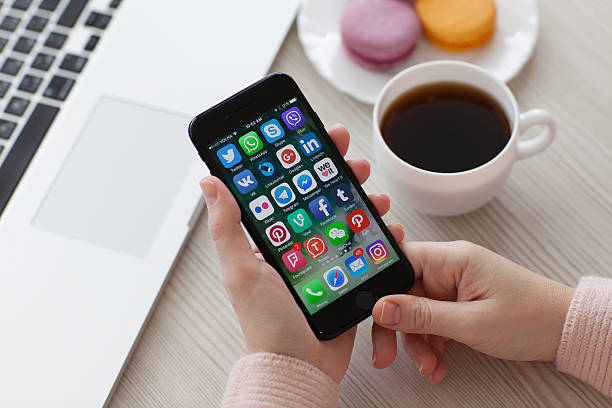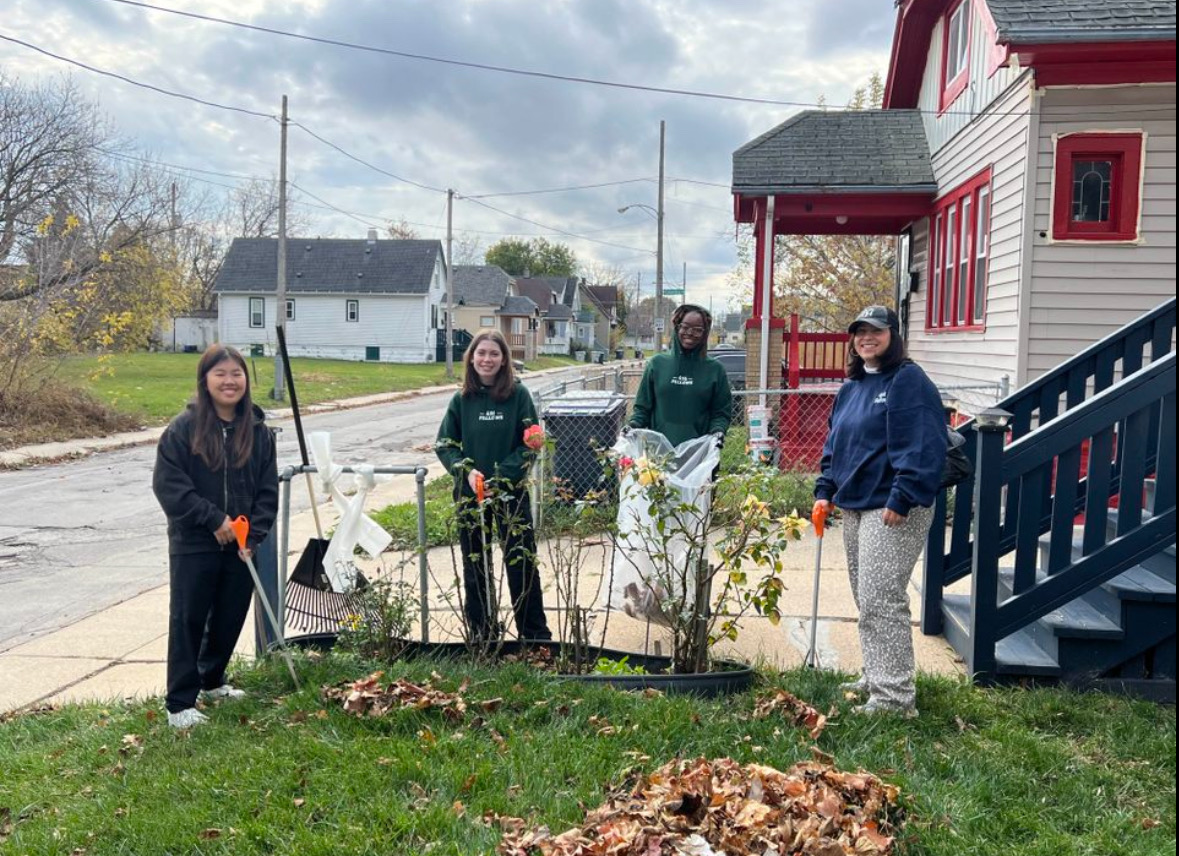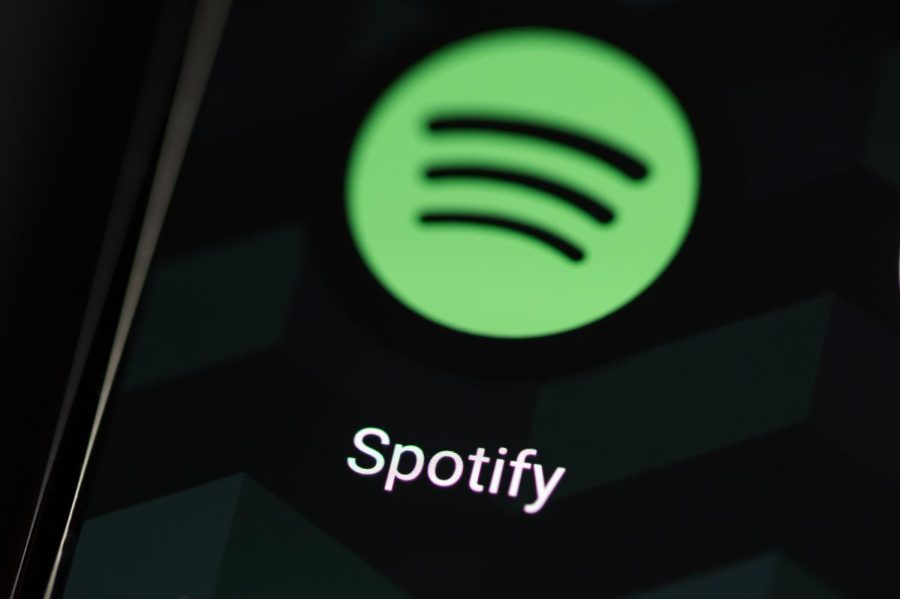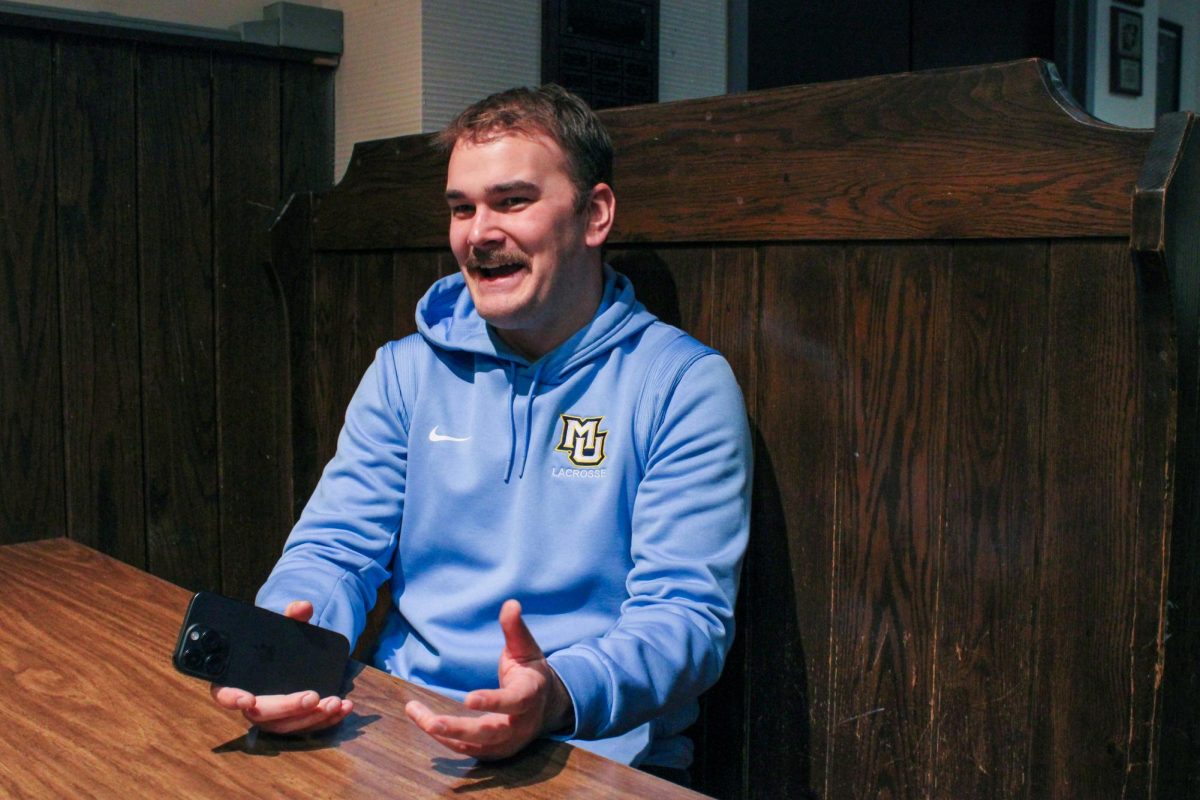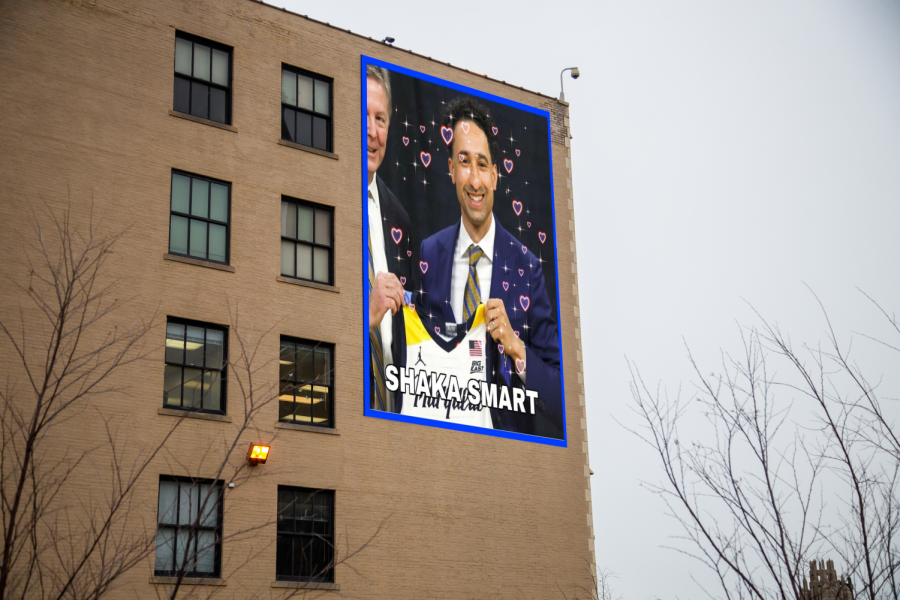About a month ago, I cut almost all social media sites out of my life. At the time, I felt like a pioneer of my generation, trekking into uncharted territory. I felt revolutionary for rebelling against a service that 88% of Generation Z uses. Now, my decision to delete Instagram and TikTok feels about as monumental as deleting the Compass or Health app. Not having them is just a part of everyday life now.
The decision was right for me, but it might not be for everyone. The debate surrounding social media use shouldn’t boil down to “to use or not to use”? Instead, it needs to focus on ways for individuals to examine and change their relationship with social media.
Most people know how social media negatively impacts society, but I’ll go over some of its effects as a refresher. According to a study from 2017 by the International Journal of Computer Sciences and Engineering (JSCE) on the effects of social media, the overarching issue with social media is its addictiveness.
Social media algorithms are made to keep us online as much as possible because the more time we spend online, the more advertisements we can be exposed to, and the more ad revenue these websites and apps make. In exchange for free use of a website, users are bombarded with thousands of ads per day. Increasingly, these ads are getting more and more specific to individuals as social media companies like Facebook sell users’ data, which can be upsetting or downright scary.
Additionally, the JSCE study found that social media has led to harassment, reports of lower self esteem and a loss of face-to-face connection. However, in one of the final paragraphs of the study, the authors say that while social media is powerful, it is not inherently evil. By being mindful of our social media use and practicing self-discipline, we can use social media’s power for good.
An example of this can be seen in online activism, as it’s helped so many become not just aware of social issues, but provided the information and resources necessary for people to get involved and have a voice. Despite this, it does bring up problems like performative activism and activist burnout. Because it’s difficult to know someone’s intentions through a digital interface, influencers and regular users can act as if they care about social issues, when in reality, they couldn’t care less. On the flip side, activists who tirelessly work at spreading awareness and staying on top of social issues are constantly reading up on terrible injustices in the world, and that’s on top of having to deal with ignorance in their online and daily life. This combination can lead to stress, anxiety, and ultimately, burnout.
I went offline last June because I kept doom-scrolling, mindlessly scrolling through content showing or describing police brutality against Black citizens and protesters alike in place of educating on and contributing to the Black Lives Matter movement. Social media made me more aware of the issue, which is a crucial part of furthering the movement. However, personally, the real work that I needed to do took place offline. For some, this work can be done on social media, such as sharing ways to help certain movements.
Social media also helped me find online friends and connect with people I wouldn’t have been able to otherwise. I enjoyed talking to them, but I realized I began to prioritize those relationships over the ones I had in real life. As the Crosby Stills and Nash song goes, “If you can’t be with the one you love, love the one you’re with!” Having online friends or participating in activism are wonderful things that social media has made incredibly accessible, but without a balanced approach to social media, it’s easy to fall victim to some of their negative aspects.
Another theme here is that sometimes social media serves a purpose in our lives, but sometimes we change, and that means our social media usage needs to change with us. When I was deleting accounts, I held back on my personal Instagram account simply because it’s been a constant in my life since I was 11 years old. But my priorities are so much different compared to then. It was time to say goodbye.
However, for some, keeping up with acquaintances’ or peers’ lives is important, especially for those with long-distance friendships or family members. There are lots of uses for having a small personal account on Instagram, Twitter or LinkedIn — it can let Tinder dates know you’re a real person or showcase your accomplishments to potential colleagues. I think all students have stalked a potential professor’s LinkedIn page before enrolling in a class, or maybe I’m just a creep.
Social media can help people with jobs, or in some cases, make up the entire job. New business owners, aspiring artists and budding influencers use social media in ways that benefit their interests and jobs, but it is still easy to get lost in mindless scrolling.
For example, I have a Depop shop, an online marketplace with a similar format to Instagram, so I need to keep the app. But it’s just as addicting. I use the iOS Screen Time function to make sure I can’t use it for more than 45 minutes a day, or use it before 9:00 a.m. or after 9:00 p.m. Although I can bypass these restrictions by clicking “Ignore limit,” it feels like a stop sign telling me to consider whether or not I really need to use the app right this minute.
Adding restrictions like these won’t completely prevent unnecessary social media use, but it can help users take a moment to pause and ask themselves if a particular app needs their attention right now.
Additionally, I would suggest that everyone who uses social media have a real conversation with themselves about it. Questions to consider could include: Why do I use social media? What purpose does it serve in my life? What could I be doing in place of my time spent on it? Which sites and apps do I use the most? How can I use them mindfully?
The final one is the most important question for those who want to keep social media in their lives. There’s almost no way to prevent people from using social media, but there are ways users can reduce the amount of harm it causes while optimizing the amount of joy it can bring them.
We can see that there is no one-size-fits-all solution for this. Instead, users need to consider their own values, lifestyle and mindset in order to see what kind of social media use will serve them best. With mindful social media use, we can limit harmful effects like low-self esteem.
This story was written by Jenna Koch. She can be reached at jenna.koch@marquette.edu

